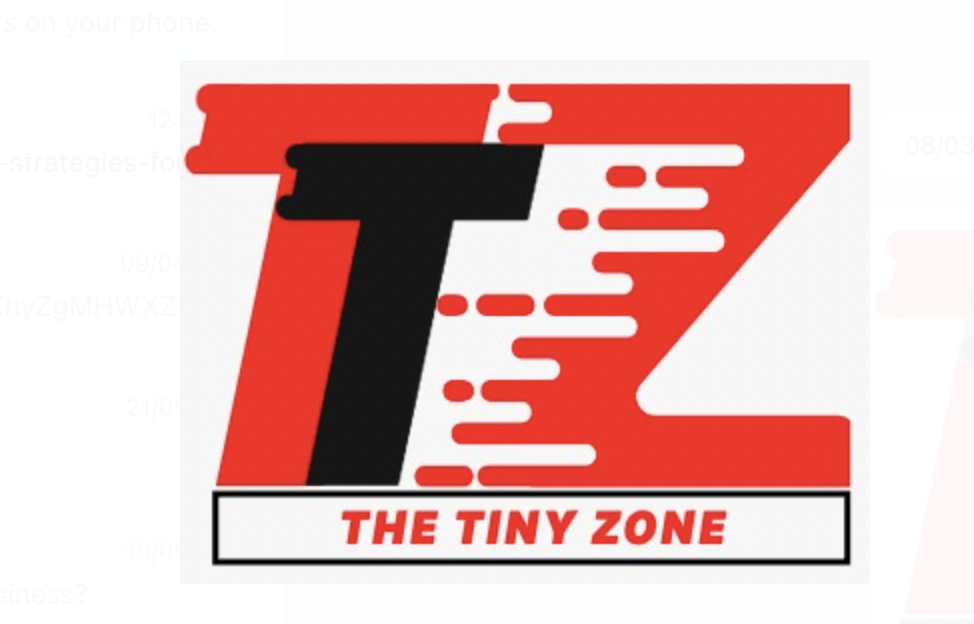DevOps, the collaborative software development strategy that bridges the gap between software operations and development teams, provides numerous opportunities for growth and innovation. With its emphasis on continual delivery and fast-paced updates, DevOps offers substantial benefits for businesses and IT enthusiasts alike. Herein, we explore the fees associated with DevOps courses, their eligibility criteria, potential financial aids, and the various criteria to consider when choosing an appropriate course.
Understanding DevOps
The term “DevOps” represents a blend of ‘development’ and ‘operations,’ and is considered a practical field that combines software development operations to streamline software production. This philosophy fosters a culture of communication and collaboration, which leads to continuous integration, deployment, testing, and monitoring of software. This approach, therefore, assures quality in the product and swift recovery of the software in case of crashes. Efficiencies achieved using DevOps practices boost the productivity of teams and increase the delivery rate of quality applications. IT career aspirants and working professionals are increasingly recognizing the benefits and demand of DevOps, leading to a surge in DevOps courses.
DevOps Courses and Fees
Various institutions offer DevOps courses, both online and offline. The cost of these courses can vary depending on several factors: the institution’s reputation, the course’s duration, content, mode of training, and the location of the institution.
Typically, costs for a DevOps course from a renowned institution range from USD 200 to USD 4000. Shorter, more intensive courses tend towards the lower end, while comprehensive, months-long training programs lie at the higher end. Online courses generally tend to be more affordable – compared to those taught in a traditional classroom setting –- due to decreased operational costs. Also, massive open online courses (MOOCs) and online learning platforms provide various flexible pricing models, allowing learners to choose according to their budget and convenience.
Eligibility Requirements
DevOps courses are technical by nature, requiring participants to possess certain prerequisites. Here is a list of typical eligibility requirements:
- Educational Qualification: At a minimum, most courses require a bachelor’s degree in computer science or a related field. This ensures a basic understanding of software development and operations.
- Technical Knowledge: Applicants often need essential knowledge of scripting languages like Python or Ruby. Familiarity with Linux fundamentals and comprehension of databases is a plus.
- Prior Work Experience: Some advanced courses might require previous experience with managing system operations or software development.
- Understanding of Fundamental DevOps Tools: Knowledge of tools like Docker, Jenkins, and Kubernetes often serves as entry criteria. Institutions may have additional criteria depending on the course’s complexity level. Thus, potential students should carefully review these before enrolling.
Financial Aid & Scholarships
To encourage more IT professionals to embrace DevOps, various organizations, institutions, and grant bodies offer financial aid, scholarships, and funding for DevOps courses. Some also provide payment plans, allowing students to split the total DevOps Course Fees over the course duration. Students should check with the respective institutions to understand their financial aid policies.
Choosing a DevOps Course
Choosing the right DevOps course requires careful evaluation of several aspects:
- Content and Duration: Ensure the course content aligns with your career goals and industry trends. Further, critical topics should not be crammed into a very short duration, rather it should be comprehensive and spread over a reasonable timespan.
- Teaching Methodology: Consider how the concepts are taught. Courses that emphasize practical learning through real-world scenarios, hands-on projects, and live programming sessions are often more beneficial.
- Reputation: Look for courses offered by recognized institutions with good reviews as they often provide higher-quality education.
- Support and Certification: Check for post-course support, such as job placement assistance, and ensure the course provides a certification upon completion, as it adds value to your professional profile. To conclude, a DevOps course is undoubtedly a valuable asset for IT professionals. While costs and eligibility requirements may vary, the return on investment can be significant owing to the widespread adoption and resultant demand for DevOps professionals. These technologies in demand are very essential for a DevOps professional. It’s essential to consider all the mentioned course aspects during selection, along with the availability of financial aid. With the right course, you can embark on an exciting journey into the world of DevOps.


